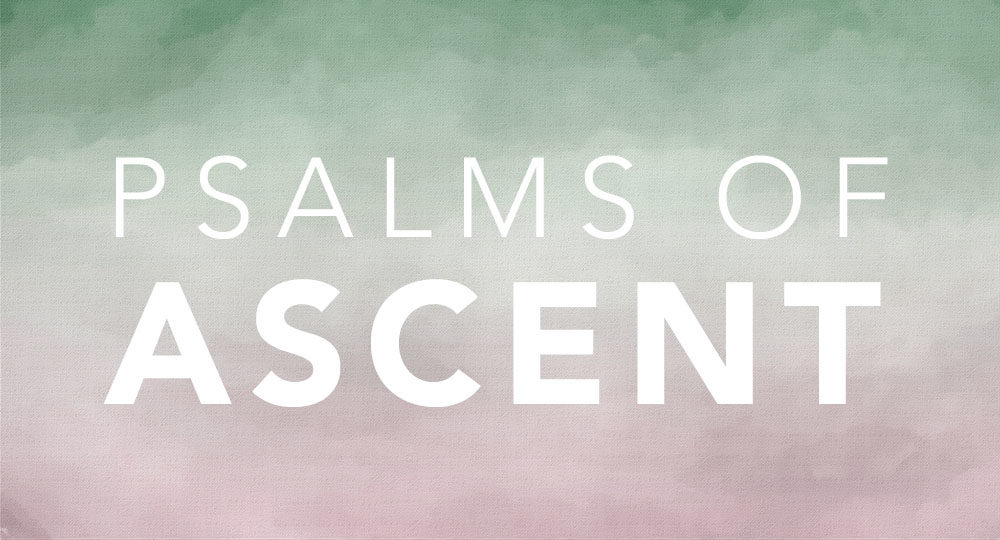Psalm 120: Our Deliverer
Sung by ancient pilgrims making their way up to Jerusalem to observe the primary feasts of Israel, Psalm 120 is the first in a series known as the Psalms of Ascents. It begins with a cry for help. Although the author is unknown, the cause of his distress is all too familiar.
Sadly, the psalmist was the victim of cruel, unscrupulous enemies. His firsthand experience with scheming and unrelenting bullies, however, did not hinder his ability to communicate with Yahweh, the God of Israel: “In my distress I cried to the Lᴏʀᴅ, and He heard me” (v. 1).
What a powerful statement of assurance. His cry to the Lord was heard! The Hebrew word for “hear” conveys the expectation that the one hearing has the ability to respond. Unlike the inanimate gods of the surrounding nations that had no ability to hear anything, much less answer, the God of Israel listens attentively and acts on behalf of His Chosen People.
These verses assured the Israelites that God was aware of their situation and attentive to their needs.
Enemies plagued the nation when the author wrote the psalm. He characterized them as “lying lips” and “a deceitful tongue” (v. 2) because they were known for their lies. They lacked integrity and could not be trusted to keep their word.
In the midst of unbearable circumstances, the psalmist appealed to God: “Woe is me, that I dwell in Meshech, that I dwell among the tents of Kedar!” (v. 5).
Meshech was a barbaric tribe that inhabited a region north of Israel between the Black Sea and the Taurus Mountains at the eastern edge of modern-day Turkey. The phrase tents of Kedar refers to the ruthless nomadic peoples roaming the deserts of northern Arabia and those south of Israel.
Metaphorically, the two groups epitomize cruelty and ruthlessness. It is almost certain the psalmist was referring to the groups of squatters who claimed the land as their own while the Israelites were exiled in Babylon (Ezra 4:9–10; Neh. 2:19). Later the returning exiles were forced to contend with these violent, unscrupulous intruders who illegally occupied the Jewish homeland.
Even worse, the trespassers were adamant in their defiance. The psalmist lamented, “I am for peace; but when I speak, they are for war” (Ps. 120:7). Attempts at peaceful coexistence were met with an obstinate refusal to cooperate. The squatters were committed to hostility; and hope for a peaceful resolution was blocked by premeditated, continuous, and unrelenting aggression.
In many respects, Israel’s current enemies demonstrate the same belligerent characteristics described in the psalm.
The psalmist cried, “My soul has dwelt too long with one who hates peace” (v. 6). He was assured, however, that at the appropriate time, God will use “sharp arrows of the warrior, with coals of the broom tree” to deal decisively with those practicing such deception and violence (v. 4). The coals of the broom tree are particularly hot and slow burning, which is why it was the wood most often gathered and used for heat in the Middle East.
God warned the people who claimed the land of Israel as their own during the Babylonian Captivity that they would suffer the consequences of their actions. He declared through the prophet Ezekiel,
“Surely I have spoken in My burning jealousy against the rest of the nations and against all Edom, who gave My land to themselves as a possession, with wholehearted joy and spiteful minds, in order to plunder its open country. . . . Behold, I have spoken in My jealousy and My fury, because you have borne the shame of the nations.” Therefore thus says the Lord Gᴏᴅ: “I have raised My hand in an oath that surely the nations that are around you shall bear their own shame” (Ezek. 36:5–7).
The author was confident that God’s judgment would hit its mark like the sharp arrows of a warrior and with the intensity of a burning broom tree.
What a powerful way to begin the Psalms of Ascents. Psalm 120 provides a truthful perspective that is as appropriate today as when it was written. Despite the ruthless, barbaric nature of Israel’s unrelenting enemies, the Jewish nation can be sure God hears and acts.





